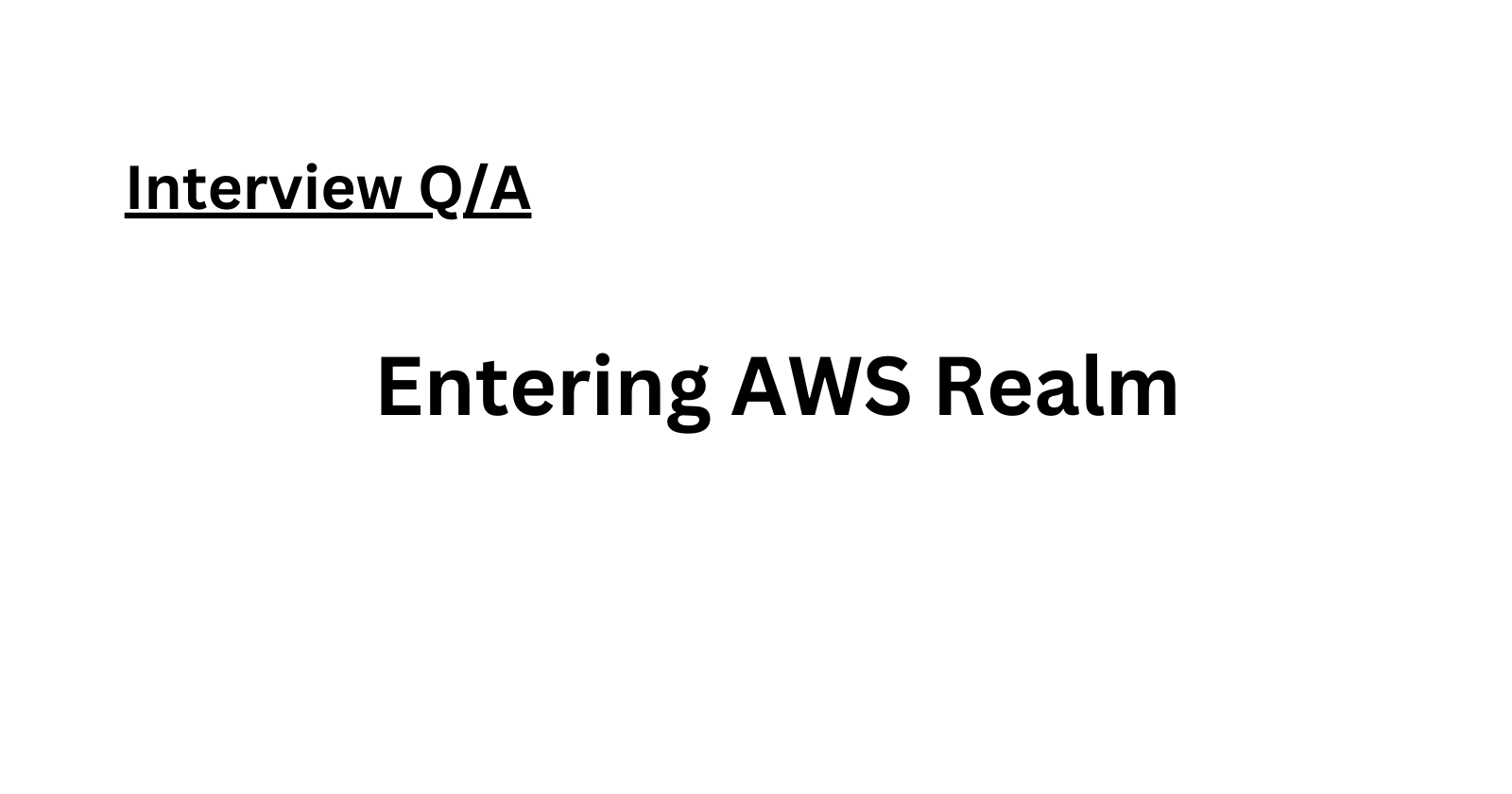Introduction to Amazon Web Services (AWS)
 Amrutha D
Amrutha D
What does AWS refer to, and what does it encompass?
AWS stands for Amazon Web Services, a dynamic and evolving cloud computing platform offered by Amazon. It provides a wide array of services including computing, storage, networking, databases, analytics, machine learning, and security, aiding organizations in building and managing their applications and services in the cloud.
How does AWS infrastructure work, and what benefits does it offer?
AWS operates a global network of data centres across various regions worldwide. This infrastructure allows users to deploy their applications closer to their end-users, reducing latency and enhancing performance. Furthermore, AWS follows a pay-as-you-go model, enabling users to pay only for the resources they utilize without upfront investments in hardware.
What are some popular AWS services, and how do they function?
Some notable AWS services include Amazon EC2 (Elastic Compute Cloud) for scalable computing capacity, Amazon S3 (Simple Storage Service) for object storage, Amazon RDS (Relational Database Service) for managed relational databases, and Amazon SageMaker for machine learning. These services are part of a broader suite that caters to various application and infrastructure needs.
How does AWS assist developers in creating, testing, and deploying applications?
AWS offers a rich collection of tools and APIs such as AWS CloudFormation for infrastructure as code, AWS CodeDeploy for automating application deployment, and AWS Lambda for serverless computing. These tools streamline the development process, enabling faster and more efficient application deployment.
Signing Up and Services Offered by AWS
How does one sign up for AWS, and what benefits does the free tier offer?
To sign up for AWS, individuals can visit aws.amazon.com and click on "Create an AWS Account." Upon registration, users receive access to the free tier, allowing them to explore AWS services for up to one year from registration without incurring charges.
What categories do AWS services fall under, and can you provide examples of each?
AWS services are categorized into domains such as Compute, Storage, Database, Migration, Networking, Content Delivery, Management Tools, Security and identity Compliance, and Messaging. Notable services under each domain include EC2, Lambda, S3, RDS, Amazon Route 53, AWS CloudWatch, AWS IAM, and Amazon SQS, among others.
Applications and Usage of AWS Services
How does AWS cater to various business applications and industries?
AWS supports a wide range of applications across diverse sectors, including storage and backup solutions, enterprise IT optimization, mobile, web, and social applications, big data analytics, website hosting, gaming, and more. These applications benefit from AWS's scalability, reliability, and global infrastructure.
Can you elaborate on specific AWS services like Amazon RDS and its utility?
Amazon RDS (Relational Database Service) is a fully managed service facilitating the setup, operation, and scaling of relational databases in the cloud. Supporting multiple database engines, including MySQL, PostgreSQL, Oracle, and Microsoft SQL Server, RDS simplifies database management for various applications.
Advantages and Use Cases of AWS
What advantages does AWS offer, and what kind of applications can benefit from it?
AWS provides ease of use, flexibility, cost-effectiveness, reliability, scalability, and security. Applications ranging from small startups to large enterprises find utility in AWS, utilizing it for storage, computing, database management, and more.
How can one get started building applications in AWS?
The process involves analyzing application requirements and selecting suitable AWS services based on those needs. AWS's diverse range of services caters to different application architectures, such as using Elastic Beanstalk for hassle-free deployment or opting for specific services based on application demands.
This summary highlights the core aspects of AWS, its services, benefits, and applications across various industries, demonstrating its versatility and utility in the realm of cloud computing.
Subscribe to my newsletter
Read articles from Amrutha D directly inside your inbox. Subscribe to the newsletter, and don't miss out.
Written by

Amrutha D
Amrutha D
DevOps Engineer | Cloud Enthusiast... Let's Connect & share Technical knowledge & grow together in Technologies Everyday..